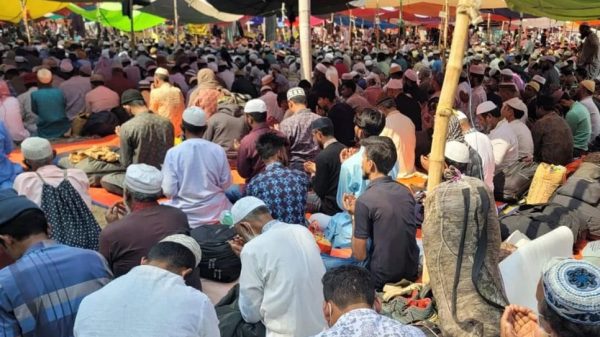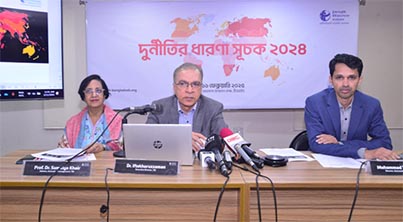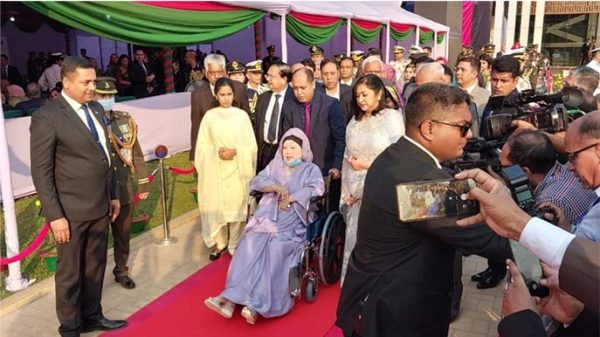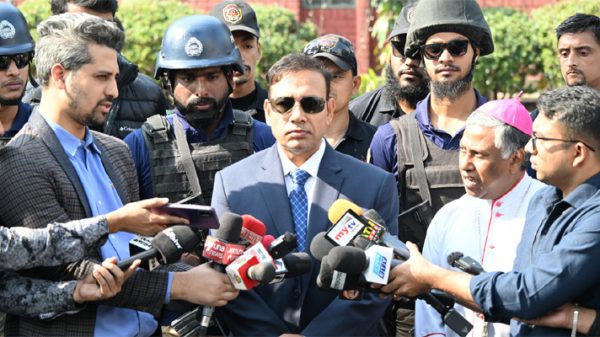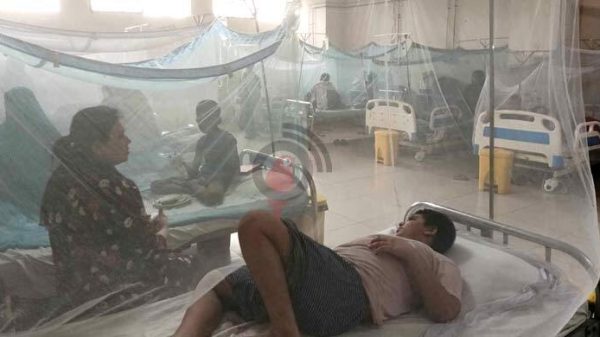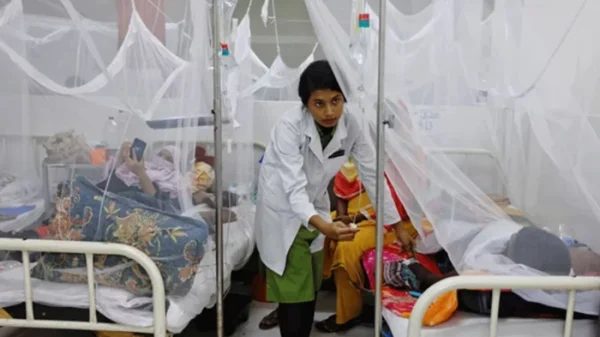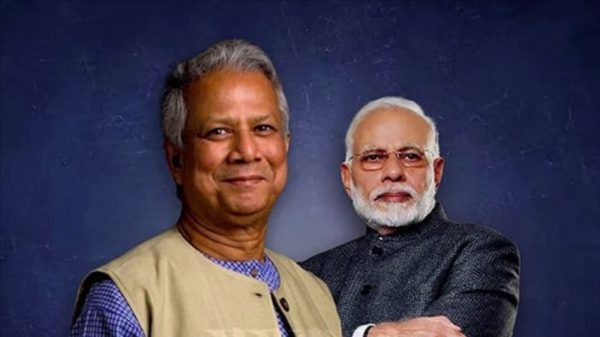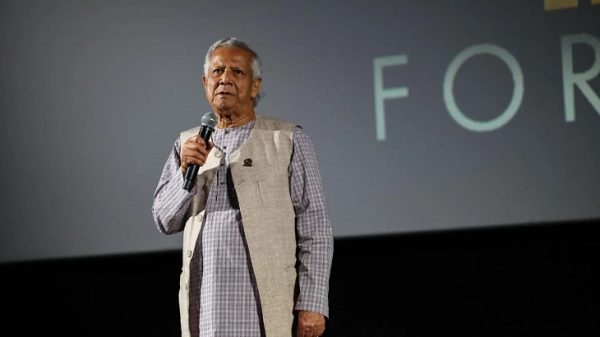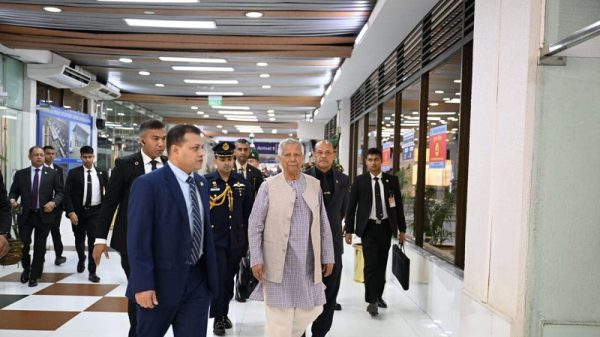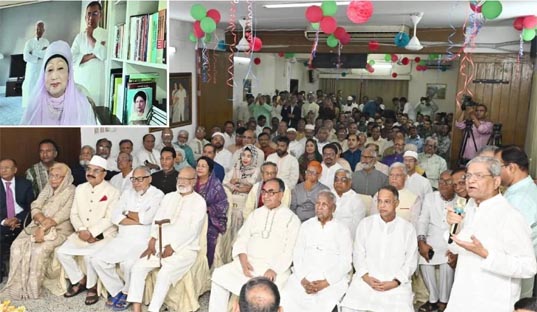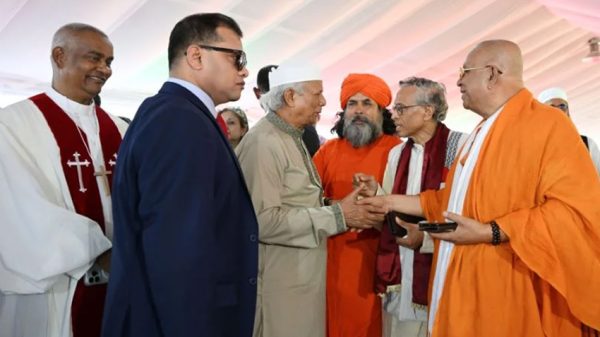Digital health services: Sense of data insecurity, harassment key barriers

- Update Time : Tuesday, 7 May, 2024, 03:20 pm
- 75 Time View

Online Desk: Limited knowledge of health services, misinformation, confusion about data security and harassment are some challenges retarding the diffusion of digital healthcare services in Bangladesh, discloses a study.
Besides, the respondents of the survey said they did not rely on unfamiliar health providers as they mostly believed proper treatment was not possible online.
Researchers from BRAC James P Grant School of Public Health of BRAC University did the study styled ‘Understanding digital health needs: A qualitative study to explore urban and peri-urban user experiences and challenges to strengthen digital health services in Bangladesh’.
It was presented at a session on the concluding day of a two-day 1st Development Studies International Conference 2024 held at a city hotel on Monday.
The international event was jointly organised by the Department of Development Studies of Dhaka University (DU) and the Bonik Barta.
The survey was conducted in Dhaka metropolitan and neighbouring areas of Tangail, Savar and Narayanganj.
On behalf of the research team, Sabiha M Khan presented the paper at the session styled ‘Pathways to Digital and Social Transformation’.
Bangladesh Institute of Development Studies director general Dr Binayak Sen chaired the session attended by DU Sociology Prof Dr Zeenat Huda and iSocial Limited CEO Dr Ananya Raihan as discussants.
Two other papers were also presented at the session.
Dr Faruk Shah, an associate professor of Development Studies at DU, presented a paper on ‘Climate change effects on health and coping strategies of the indigenous people: A case study of the Santal community in Bangladesh’.
Dr Touhidul Islam, an associate professor of Department of Peace and Conflict Studies at DU, presented a paper on ‘Rohingya Repatriation from Bangladesh to Myanmar: Caught between Uncertainties and Promises’.
Addressing the event, Dr Sen said optimum digital transformation could help many marginal people avail healthcare and education services, which has witnessed a significant rise during the pandemic.
“Insolvent people, who cannot afford the luxury of visiting in-person doctor can avail the services digitally in some cases,” he said.
He, however, underscored the need for further evidence-based research on digital healthcare services to reap the benefit of the service.
Despite potential, Dr Ananya Raihan said, digital healthcare platforms have not been scaled up to the desired level due to some challenges.
He said lack of trust and unfamiliarity with the service are two of the common factors behind the limited growth digital health service.

